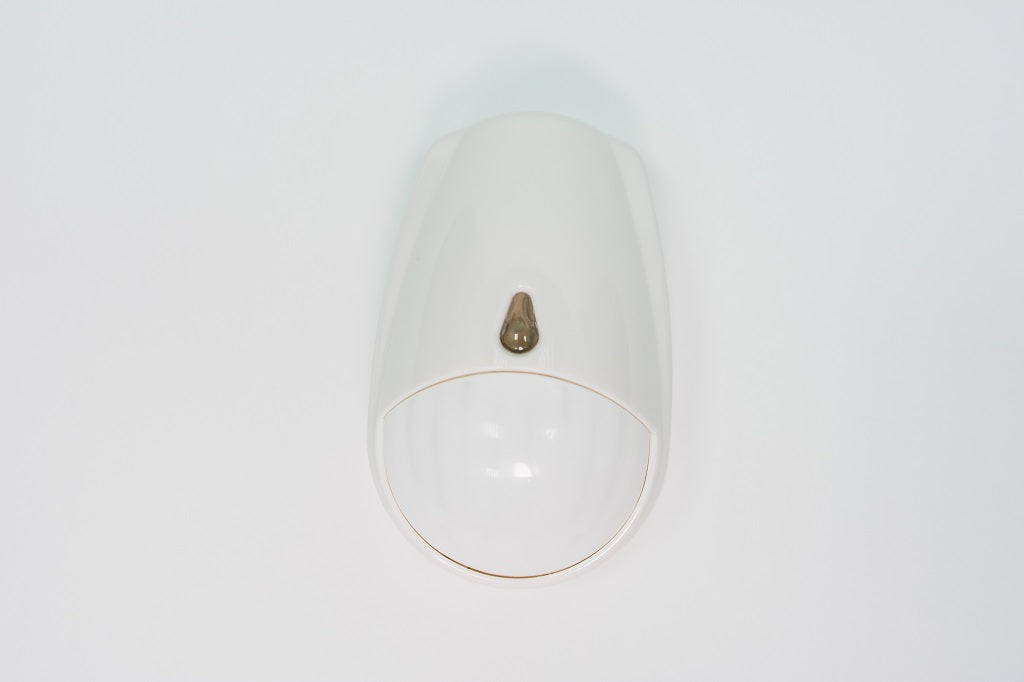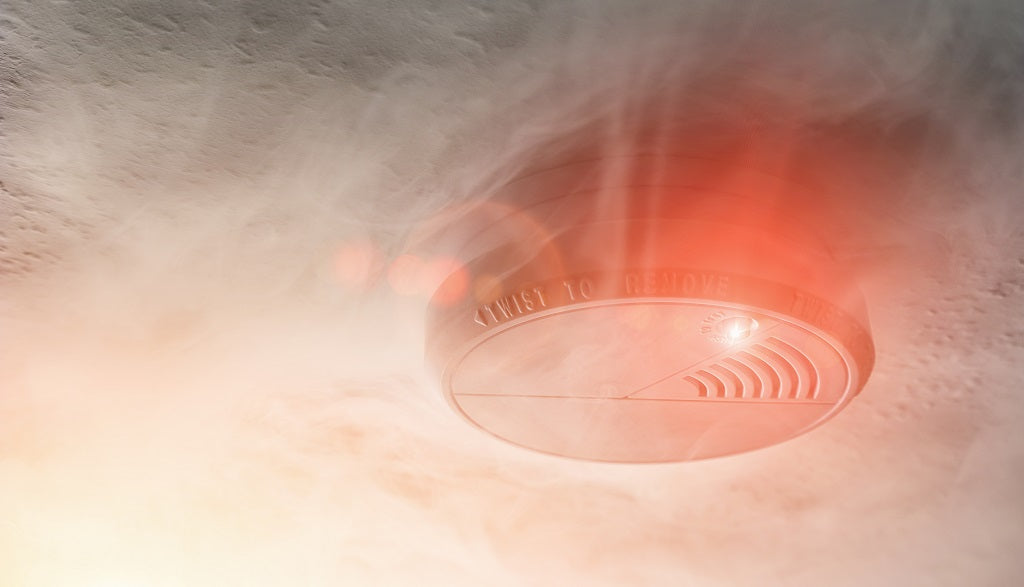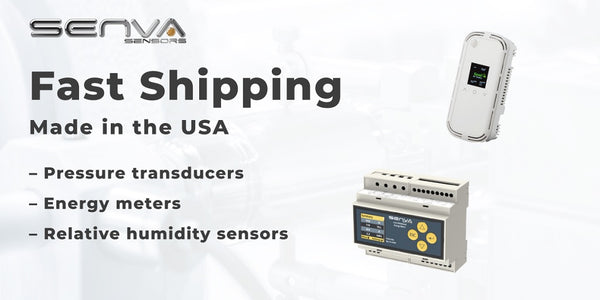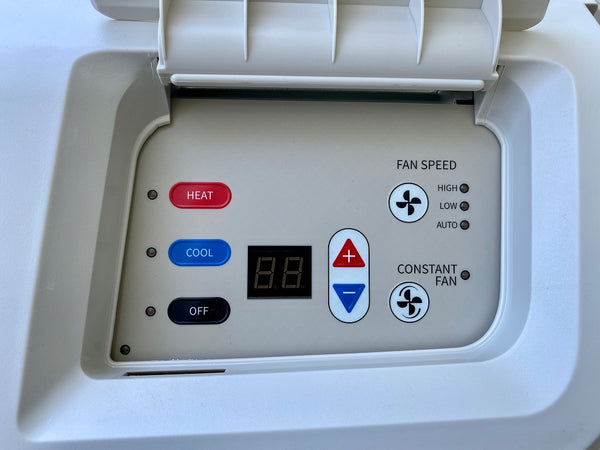Smoke detectors are a necessity for all homes because they can give you a fighting chance of survival in the event of a fire. Carbon monoxide detectors, on the other hand, are just highly recommended but are needed in homes with fuel-burning appliances like furnaces and grills.
Smoke and monoxide detectors are installed to prevent fatal fires and CO poisoning. And control sensors are key components of these detectors because they give you an early warning of danger. There are different types of smoke alarms and carbon monoxide detectors, so let’s take a look at their different features and capabilities.
Types of Smoke Detectors and CO2 Sensors
There are many different smoke detectors and CO2 sensors to choose from, and finding the right fit for you can save lives.
Smoke Detectors
There are three common types of smoke detectors: ionization, photoelectric, and combination ionization/photoelectric alarms. All smoke detectors come equipped with an alarm when they encounter smoke, to notify the tenants of the house. What separates these detectors from each other is the way that they detect the danger.
Carbon Monoxide Detectors
Carbon monoxide detectors use sensors to identify CO levels in your house. They should be installed near appliances that pose a risk, like furnaces. They work like smoke detectors; most will sound an alarm when there is too much CO2 in the air whilst some can be connected to your smartphone and send you alerts.
Combination Detectors

Combining ionization and photoelectric sensing technologies, the combination of smoke, fire, and carbon monoxide detectors will warn you of any upcoming danger. Traditionally, these types of detectors were hardwired, but these days smart options have become more common.
These smart detectors use the internet or smartphone applications to alert the owner of any smoke, fire, or carbon monoxide threats. “What kind of smoke detector do I need?” is a common question that will arise. Options abound, it is important to note that these smart detectors can be controlled remotely, they will let you know when your battery is low and alert you in case of an emergency even while you are away.
Where to Place Smoke Detectors in Your House
The placement of smoke detectors is crucial to saving lives in an emergency. It is recommended to have a smoke detector on the ceiling as central as possible in every bedroom or sleeping area, including lounges and other rooms such as home gyms or playrooms.
It is important to install a smoke detector in the hallway on each floor of the house for multi-story homes, including the basements and attics. You should also install a smoke detector near the entrance to a garage but not inside the garage itself. The proper placement is crucial when it comes to smoke detectors.
How to Choose the Right Smoke Detector
There are so many different types of smoke detectors on the market and finding the right one for you can be challenging.
#1. Find Out What Local Regulations Are
It is essential to consider your town or city’s local regulations and requirements before investing in any type of smoke detector, as not doing so can cause problems down the road. It is also important to contact your home insurance company to ensure you are adhering to the company’s safety guidelines.
#2. Choose a Power Source
Hardwired smoke detectors require professional installation because they are connected to your home’s wiring, but many types of smoke and carbon monoxide detectors are battery-only and easy to install. These types of smoke detectors come equipped with backup batteries. There is also a plug-in option that uses electricity and requires detectors to be plugged in.
#3. Consider Going Smart

Smart smoke and carbon monoxide detectors use the Internet and Wi-Fi to send alerts to your smart device. These detectors will let you know if any of your smoke detecting devices are malfunctioning and if they are low on battery power, and they can be remotely controlled in the event of a false alarm.
These types of smoke detectors are pricier, but they can be linked to other devices in your home and, if used in addition to multi-sensor detectors, can be a great option. There is also a smart listening device that can be left at home which will alert you on your smartphone if any of your alarms are activated.
#4. Consider An Interconnected Smoke Detection System
An interconnected smoke system is when you connect smoke alarms to communicate with each other; if one alarm goes off, they all go off. This allows for the people inside the house to escape in the event of an emergency.
Interconnected smoke and carbon monoxide alarms are interlinked systems. While these types of smoke detectors are a safer option, they do come with their own set of limitations. They can only be connected to other detectors of the same brand — model compatibility plays a key role in these types of detection systems.
On the other hand, up to 16 alarms can be interconnected together within a home, which will allow you to create a comprehensive smoke, fire, and carbon monoxide defense system for your home. Nowadays, even hardwired smoke detectors can be interlinked, and it is recommended to have a variety of detectors in your home to best protect it.
Conclusion
Properly installed and maintained smoke and carbon monoxide detectors are the best and least expensive way of providing an early warning of danger and allowing you and your loved ones to escape a potentially life-threatening situation.
Wondering “what kind of smoke detector do I need?” Please contact us and Blackhawk Supply will further guide you in your journey towards the safety and protection of your home.


